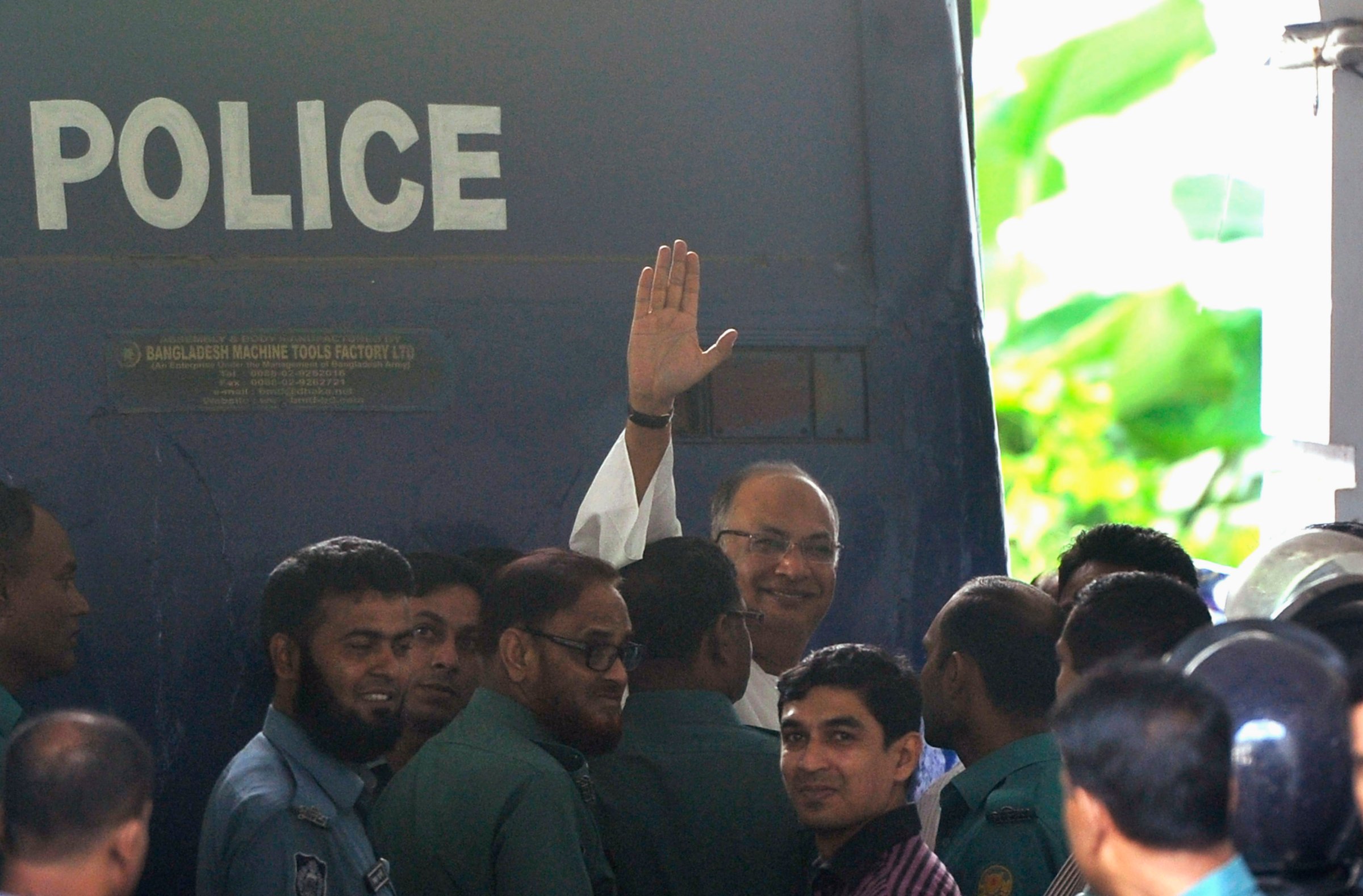
Bangladeshi opposition leader Salahuddin Quader Chowdhury has had his appeal against his death sentence rejected by a Supreme Court judge.
Chowdhury, 66, a standing committee member for the Bangladesh Nationalist Party (BNP) whose father was formerly an acting President of Pakistan, was sentenced to death two years ago by a controversial domestic war crimes tribunal. He was convicted of nine different crimes, including rape, torture and genocide, allegedly carried out during the South Asian nation’s 1971 independence struggle, the AFP reports.
During that conflict, East Pakistan, as Bangladesh was then known, seceded from Islamabad’s control. Chowdhury’s subsequent conviction was the first time an opposition politician had been tried for related crimes and critics maintain the case was politically motivated.
Chowdhury’s BNP clashes regularly with the country’s ruling Bangladesh Awami League. The BNP has been significantly weakened in recent months after carrying out a three-month nationwide traffic blockade in an attempt to overthrow current Bangladeshi Prime Minister Sheikh Hasina.
Similar verdicts against Islamist politicians have previously sparked violence throughout the country. Security has now been increased in both the capital Dhaka and in Chowdhury’s hometown of Chittagong, police officials told the AFP.
[AFP]
More Must-Reads From TIME
- The 100 Most Influential People of 2024
- Coco Gauff Is Playing for Herself Now
- Scenes From Pro-Palestinian Encampments Across U.S. Universities
- 6 Compliments That Land Every Time
- If You're Dating Right Now , You're Brave: Column
- The AI That Could Heal a Divided Internet
- Fallout Is a Brilliant Model for the Future of Video Game Adaptations
- Want Weekly Recs on What to Watch, Read, and More? Sign Up for Worth Your Time
Contact us at letters@time.com